The current subsidising mechanism for the energy generated by prosumers has no equivalent in any country elsewhere in Europe and obviously favours energy suppliers to the detriment of small producers and final consumers, according to the Association of Romania's Prosumers and Energy Communities (APCE).
APC draws attention to a "deeply unbalanced and immoral" situation, generated by deficient secondary legislation developed by the National Energy Regulatory Authority (ANRE) since 2022.
According to the association's analysis, the current subsidising mechanism for the energy produced by prosumers "has no equivalent anywhere in Europe".
Thus, the prosumers' energy represents a "free credit line for suppliers."
"Under ANRE Order 15/2022, the electricity produced in excess by prosumers is taken over by suppliers, and will be paid - possibly - a maximum of two years from the date of invoicing. In reality, APCE has found numerous instances in which suppliers have not issued invoices for months or even years, which has led to absurd situations: the energy produced in 2023 could only be paid for in 2027. This way, prosumers offered a free credit line to suppliers, with the tacit assistance of the regulatory authority."
Based on this composition, the energy taken over from prosumers was paid at an average price of RON 0.518 kWh, and after including supplier margins, taxes, Transelectrica contributions and VAT, the final price for the household consumer reached RON 2.5 kWh in the period 2023-2024.
"Instead of leading to a decrease in Romanians' bills, the renewable energy of prosumers has become an additional source of profit for suppliers, directly supported by the state budget," say the representatives of the association.
Thus, for the period 2023-2024, APCE estimates that EUR 428 million have been collected from public money or funds from energy producers.
According to APCE estimates, between 2023 and 2024, Romania's main suppliers took over about 2 billion kWh from prosumers. Of this amount, 1.2 billion kWh were transferred as unpaid energy to prosumers. Suppliers applied an average mark-up of 265% for the energy taken over and not paid to the prosumers. "For that energy, the Romanian government was paid through the subsidising and capping mechanism approximately EUR 428 million in 12 to 16 months, with the approval of ANRE.
In other words, almost half a billion euros of public funds have been transferred directly to suppliers only for renewable energy produced by prosumers.
For the first half of 2025, the additional amounts received by suppliers from the state through the capping mechanism could exceed EUR 150 millions.
"Between November 2021 and July 2025, household and industrial customers paid only capped prices, without realising the real contract costs applied by the suppliers. That allowed the perpetuation of a mechanism through which the suppliers' profit artificially increased, while all Romanians through the state budget bore the costs generated by the capping of energy prices."
The new Prosumer Law, which is constitutionally challenged, provides, among other things, for the elimination of this free "credit line" for over two years in favour of suppliers.
APCE estimates that the implementation of the law will generate a significant impact on the suppliers' budgets, which is why the "Prosumers' Law" wanted to be blocked. Given the increase in the number of prosumers in 2025 and the installed power, any month of delay in law enforcement will create an enormous financial benefit for them.
"Thus, through a partisan legislation, developed by a self-styled independent' regulator, the energy produced by prosumers has become a source of huge profits for energy suppliers. Nowhere in Europe do prosumers face a similar level of hostility from regulators and suppliers. The inertia or incompetence of the Ciuca and Ciolacu governments, which preferred to keep up capped energy prices for years, created a framework from which suppliers - producers and distributors knew how to make the most of it, to the detriment of energy consumers," according to APCE.

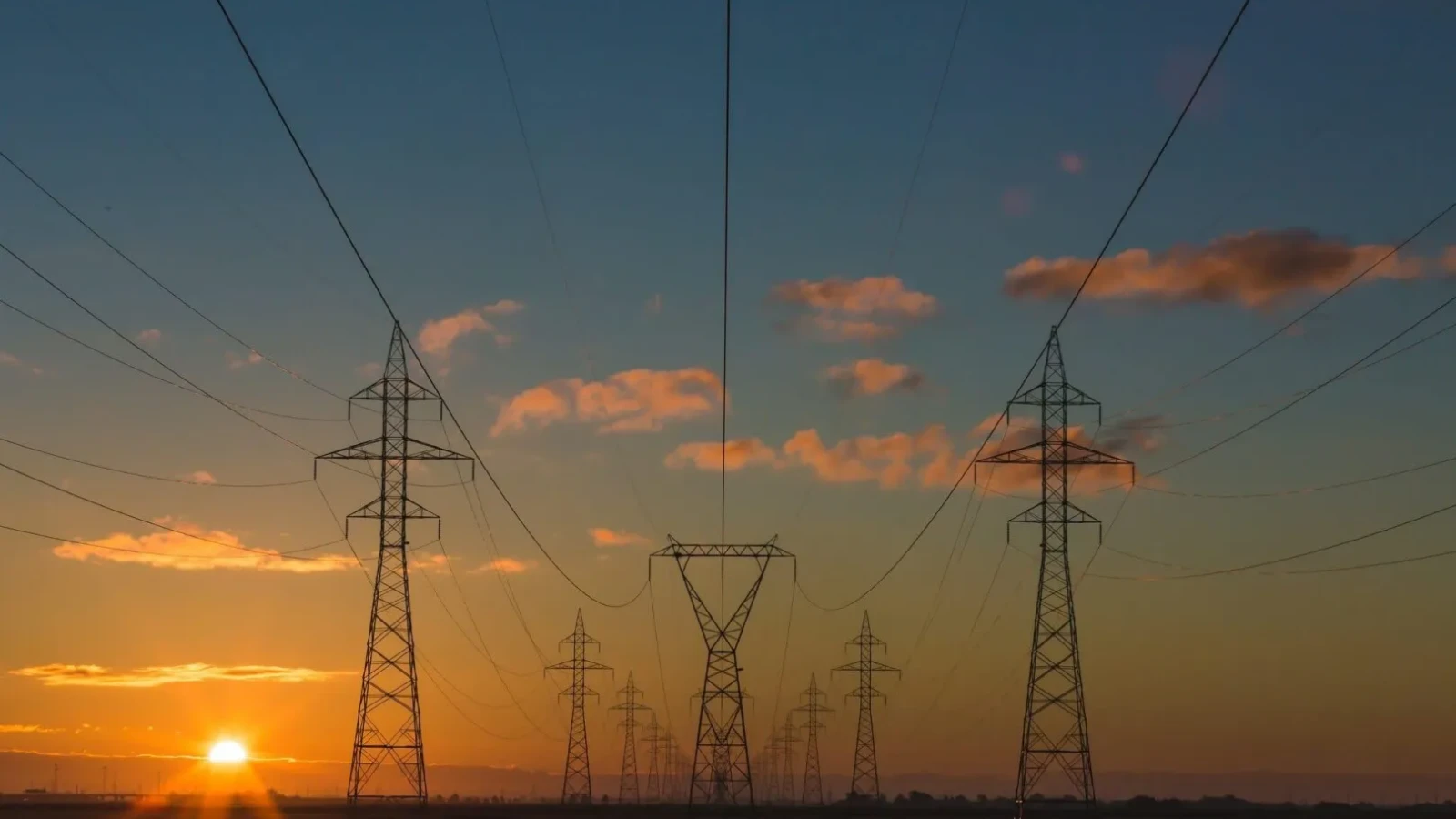









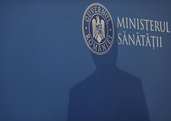

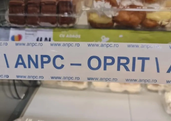
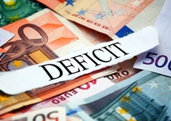








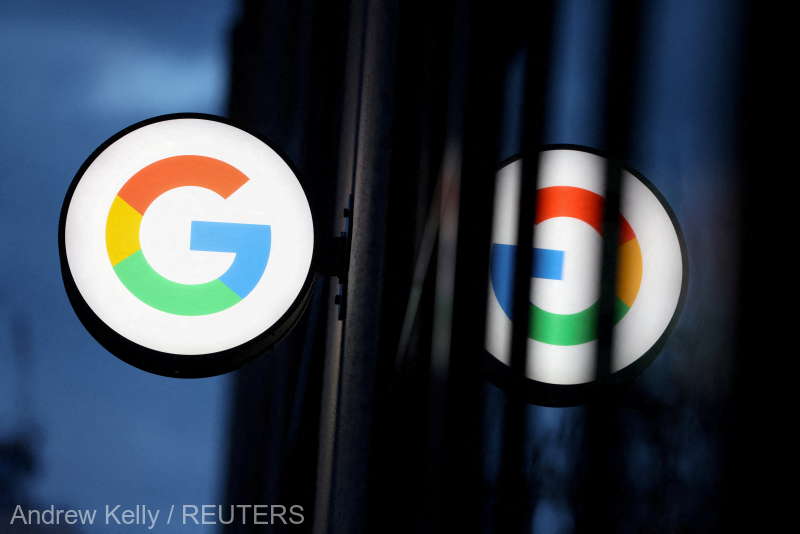





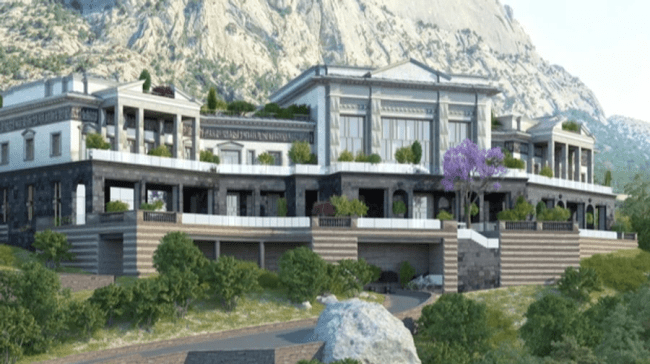


Comentează